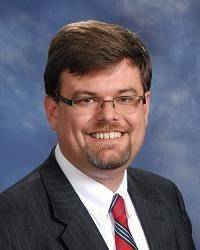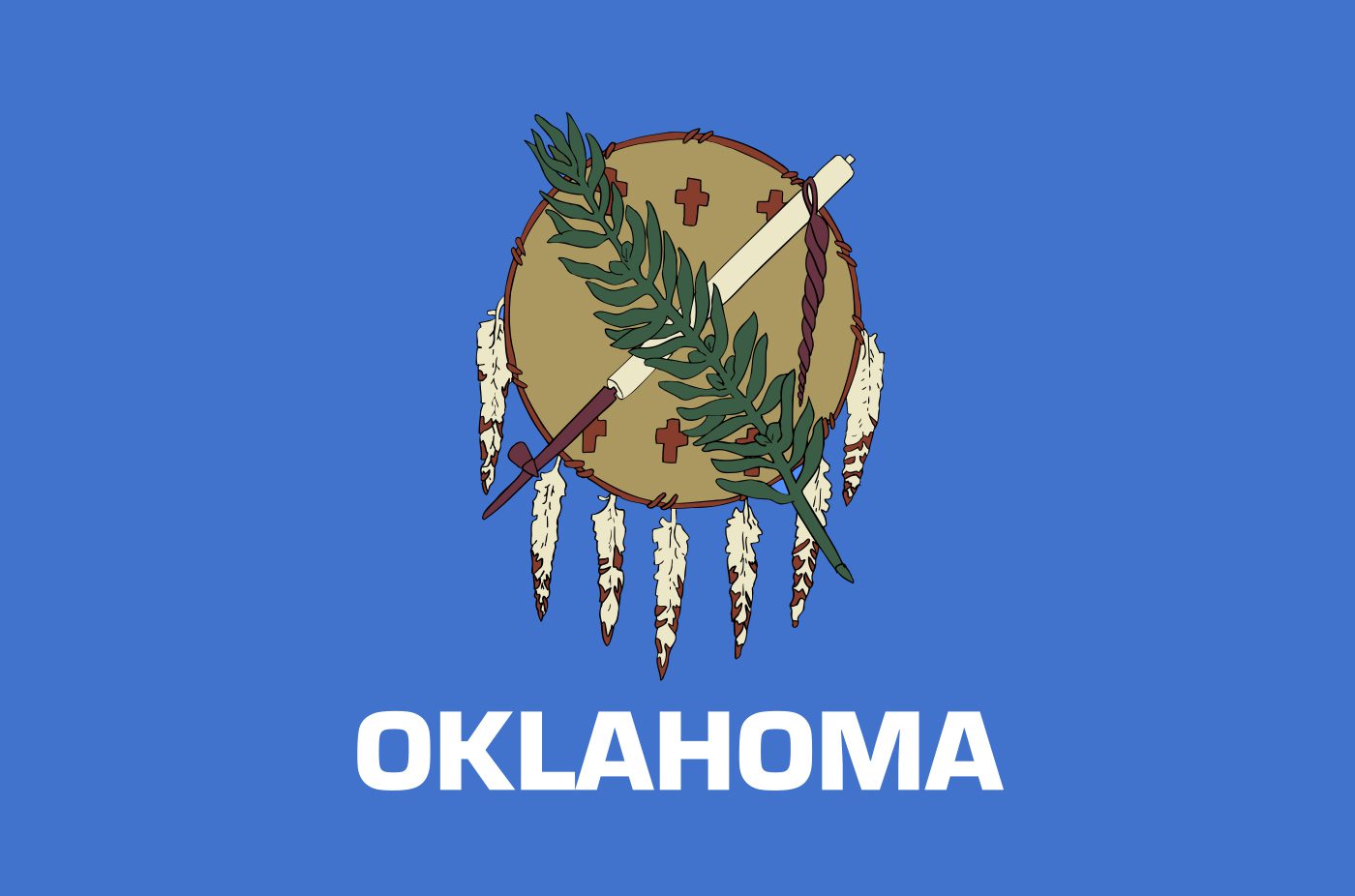BY MARK Y.A. DAVIES
 In conversation with hundreds of Oklahomans over the past couple of years and after years of analysis concerning systemic change in the Oklahoma context, I am convinced that Oklahoma needs three things to happen before we will be able to begin digging ourselves out of our current crisis, and these things are: [1] the repeal of State Question 640, [2] the restoration of the 7% Gross Production Tax on oil and gas, and [3] the implementation of Ranked Choice Instant Runoff Voting.
In conversation with hundreds of Oklahomans over the past couple of years and after years of analysis concerning systemic change in the Oklahoma context, I am convinced that Oklahoma needs three things to happen before we will be able to begin digging ourselves out of our current crisis, and these things are: [1] the repeal of State Question 640, [2] the restoration of the 7% Gross Production Tax on oil and gas, and [3] the implementation of Ranked Choice Instant Runoff Voting.
All three of these together will not fully get Oklahoma where it needs to go for the creation of a flourishing human community, but without these three things, we will remain a glaring example of what happens to our social fabric when we cut taxes for the wealthy to the detriment of the common good and encourage the economic and political hegemony of the oil and gas industry.
The repeal of SQ 640 would allow the Legislature flexibility to raise state taxes to address Oklahoma’s budget crisis. SQ 640 was passed by a vote of the people in 1992 and requires a 75% vote in both the Senate and the House of Representatives of the Oklahoma Legislature in order to raise taxes. The effect has been multiple tax decreases over the past 25 years, mainly for the wealthy and large corporations, and no tax increases, even in times of severe revenue failure and budget crisis. Only one other state, Arkansas, has a threshold that is this high for approving tax increases. At the very least, we need to lower the threshold for approval, if not revert back to a simple majority vote. [See https://www.facebook.com/RepealOKStateQuestion640/]
Restoration of the 7% Gross Production Tax [GPT] rate on oil and gas is needed to save our schools and save our state from its revenue failure. Oklahoma’s effective tax rate on oil and gas production is 3.2% and is one of the lowest in the country. Restoration of the 7% rate is essential to raising teacher pay and reversing the largest decline in general state spending on public education in the entire country since 2008. Oklahoma has the lowest teacher pay in the nation, and ranks fourth lowest in the nation in per pupil spending.
Our neighbor, Texas, by contrast, has an effective tax rate of 8.3% on oil and gas production and pays its new entry-level teachers about $20,000 more than Oklahoma. Over time Oklahoma has lost billions of dollars of revenue owing to our unnecessary tax breaks for the oil and gas industry. [See https://www.facebook.com/OklahomansForRestoring7PercentGrossProductionTax/]
Ranked Choice Instant Runoff Voting would strengthen participation in our democracy by allowing persons to vote for their candidate of choice in elections with three or more candidates without the concern that their vote would be wasted or contribute to the election of their least favorite candidates. This would allow political parties outside of the Democratic and Republican parties to gain more traction and to be taken more seriously in the political debate. It would likely also increase political participation of those citizens who do not feel represented by the two major parties.
In such a system, you could give first preference to the candidate you really want elected. If he or she does not have enough votes to make the instant run-off, your vote would go to your next preference on the ballot. [See https://www.facebook.com/RCVOklahoma/]
These three things [repeal of SQ 640, restoration of the 7% GPT, and ranked choice voting] will at least give us a fighting chance for systemic transformation in our state, and for that very reason, those who benefit from the established environment will do almost anything to keep these three things from happening.
If Oklahoma is to have a future other than becoming even more of a commodity colony than it already is, the people must take back their power through sustained participation in the political process to achieve these three things and then press on towards more systemic change for a more just, peaceful, participatory, and sustainable Oklahoma.
Once these three things happen, it will be more possible to do what is necessary to generate adequate revenue for education, infrastructure, basic services, public safety, environmental protection, healthcare [including mental healthcare], and care for the least vulnerable among us.
Once these things happen, we can begin to focus on diversifying our economy and break the dominance that the oil and gas industry has over our economic and political processes.
Once these three things happen, we can build on the increased political participation that will come when people have more political choices and are able to vote for their first choice in elections without hurting their second choice or helping their least favorite candidate. Vibrant third parties will finally be able to gain traction to allow more diverse voices in our political process.
You can see why these three things will be resisted, which is the very reason we must do all we can to begin with these three things. It is possible …
– Mark Y.A. Davies is the Wimberly Professor of Social and Ecological Ethics and director of the World House Institute for Social and Ecological Responsibility at Oklahoma City University. Click here for more of his essays.








